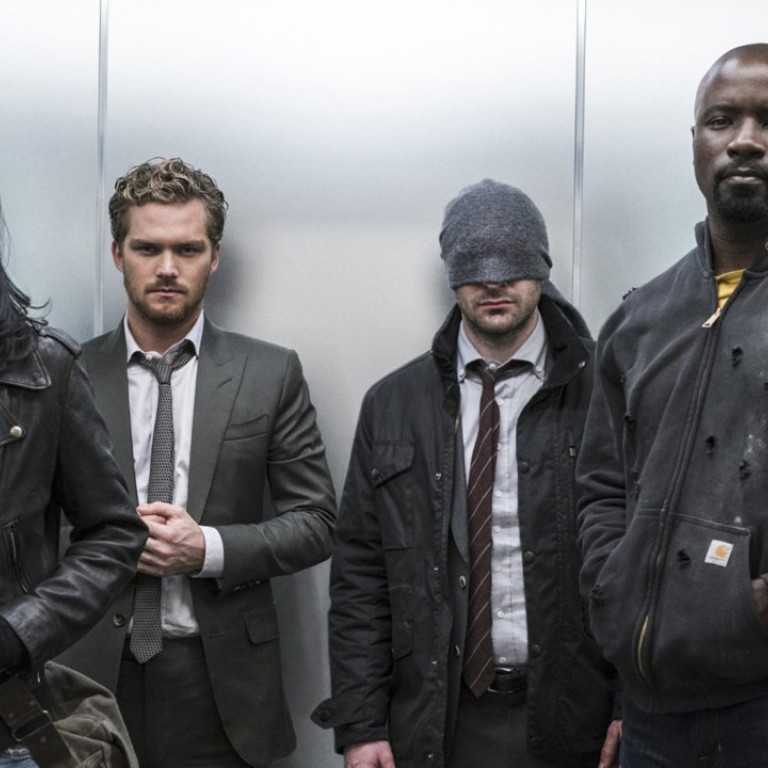
Stars of Netflix’s new Marvel superhero spin-off The Defenders say it’s more frenetic, less deep than individual characters’ shows
Actors Charlie Cox, Krysten Ritter, Finn Jones and Mike Colter talk about the differences between the new ‘outsiders’ series and their individual shows and why they love playing Marvel heroes
Four become one in The Defenders, the Netflix show that brings three Marvel heroes and a heroine – Daredevil, Jessica Jones, Luke Cage and Iron Fist – together for a new ensemble series.
The Defenders is based on the comic book series of the same name featuring superhero “outsiders”, which debuted in the early 1970s. The new show sees the quartet come together to battle the crime syndicate known as The Hand, and features an additional villain in the form of Sigourney Weaver, who brings a brittle air of authority to the series.
The Defenders: everything you need to know about Marvel’s latest superhero crew
Joining forces for The Defenders, which debuts on Netflix on August 18, has always been on the cards for the four heroes. Each one already has their own individual character TV series running on Netflix, seemingly just to build up to their inclusion in The Defenders. But although fans always knew the big team-up was in the offing, how it would be achieved was a mystery.
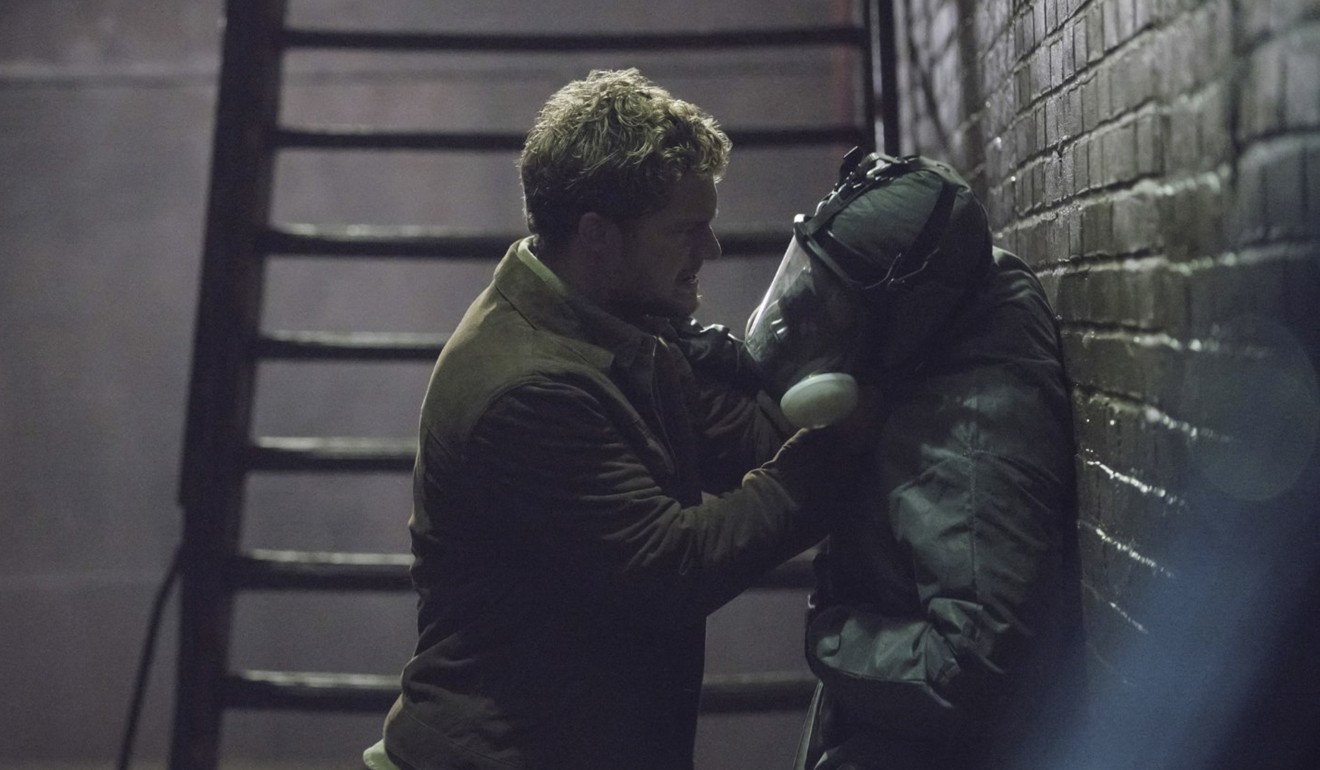
The four shows are all part of the Marvel Cinematic Universe – the fictional world that allows the studio’s stories to overlap with continuity and logic – and major and minor characters are glimpsed in each one (or in the case of lovers Luke Cage and Jessica Jones, act together). But the storylines are very distinct, and the film styles are different for each.
What attracts me to the Marvel characters is that you are dealt a certain amount of capabilities, but you still have problems – and some of them come from the fact that you have these capabilities
For instance, Luke Cage is set in Harlem, and draws inspiration from the Blaxploitation genre of films from the 1970s. Iron Fist, meanwhile, is influenced by kung fu movies. To make the stories mesh, Marvel has taken a middle course for The Defenders, and created an alternate scenario which allows everyone to freely exist side-by-side. The characters, who are now well established in the minds of the viewers, make the transition to this slightly different reality pretty much intact.
“Some things happen in The Defenders that wouldn’t happen in Daredevil, but even so, we didn’t have to change the characters at all for the new show,” says 34-year-old British actor Charlie Cox, who plays the blind superhero Daredevil, aka lawyer Matt Murdock.
“You can’t change who you are. But the other characters in The Defenders bring out different sides of Daredevil, and that’s nice. Matt starts to take himself less seriously, as the others make fun of him a bit, and he’s able to see the funny side of that.”
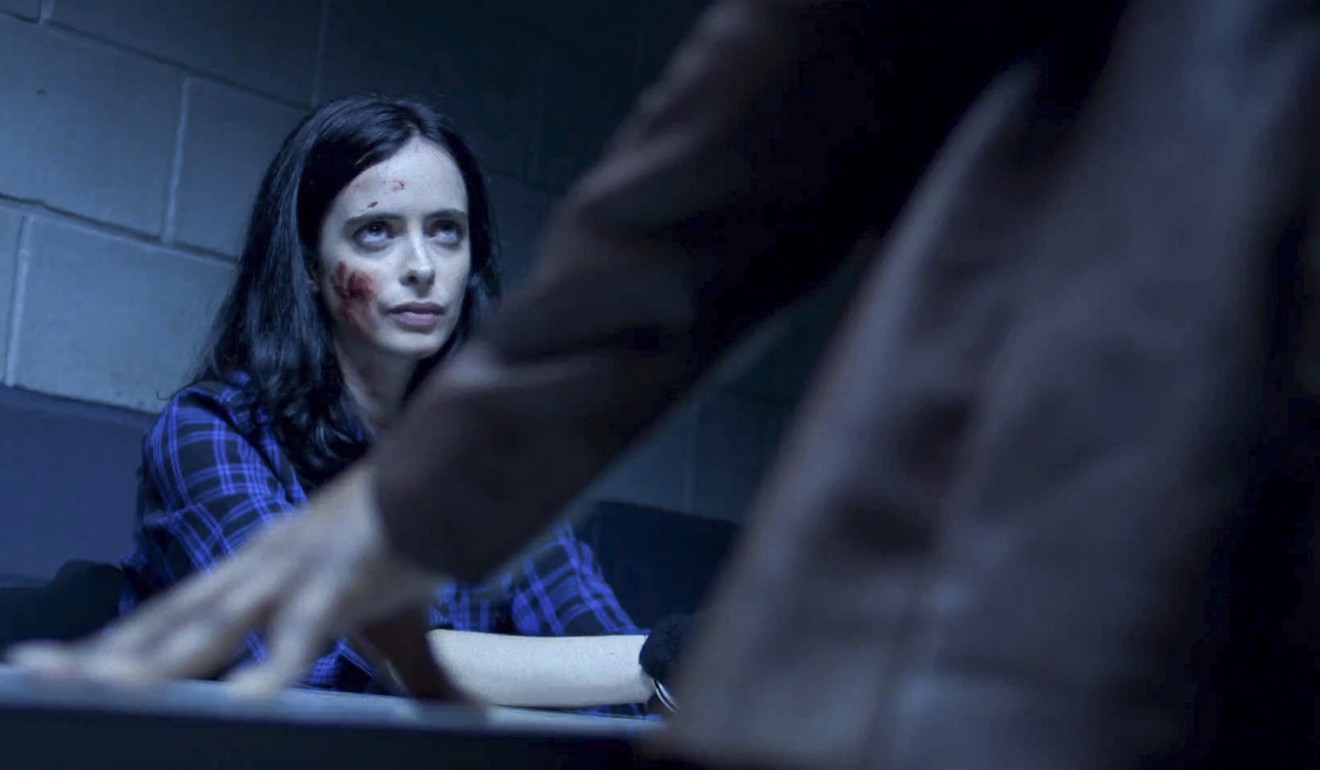
The heroes, who are all outsiders and loners, gain from the group experience, Cox adds. “They see how they can benefit for having friends and being part of the group.”
All the shows are set in New York, says 40-year-old Mike Colter – who plays the bulletproof Luke Cage – and this makes them relatively easy to fit together. Cage spends his time fighting crime in Harlem, and rarely heads outside his neighbourhood, so The Defenders gave him a chance to expand his personality.
“It did feel like a departure, as he was existing in a larger world,” Colter says. “Cage was in prison, and then came out and adapted to Harlem, which is a specific part of town. He still thinks the rest of New York City is a bit alien, so The Defenders is a different kind of experience for him.”
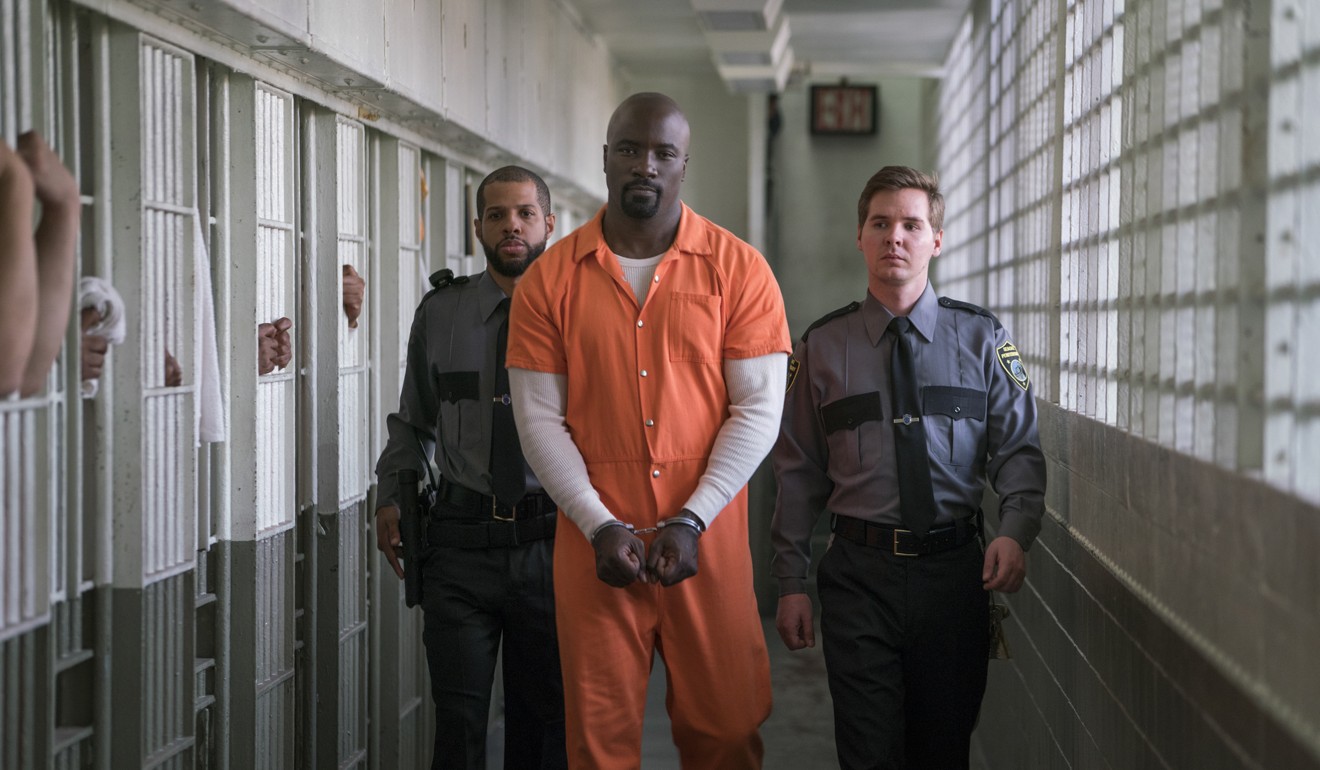
Most of the changes took place behind the scenes, says 35-year-old Krysten Ritter, who plays the hard-hitting private investigator (and former superhero) Jessica Jones.
“They worked with the colour palette and things like that, and we just slotted into it unchanged,” she says. “But I think there is a deeper psychological world in the individual shows – we don’t see as much psychology in The Defenders.”
Finn Jones, the 29-year-old who plays the martial arts master Iron Fist, echoes this point. “The Defenders is more frenetic, more of a celebration of our existence, than the individual shows. But it was still a seamless transition for me.”
Marvel resurrects Iron Fist on the back of martial arts boom
“What attracts me to the Marvel characters is that you are dealt a certain amount of capabilities, but you still have problems – and some of them come from the fact that you have these capabilities,” Colter says. “I have these super abilities but I’m not sure how to use them, how to integrate them into my lifestyle. That leads to problems.”
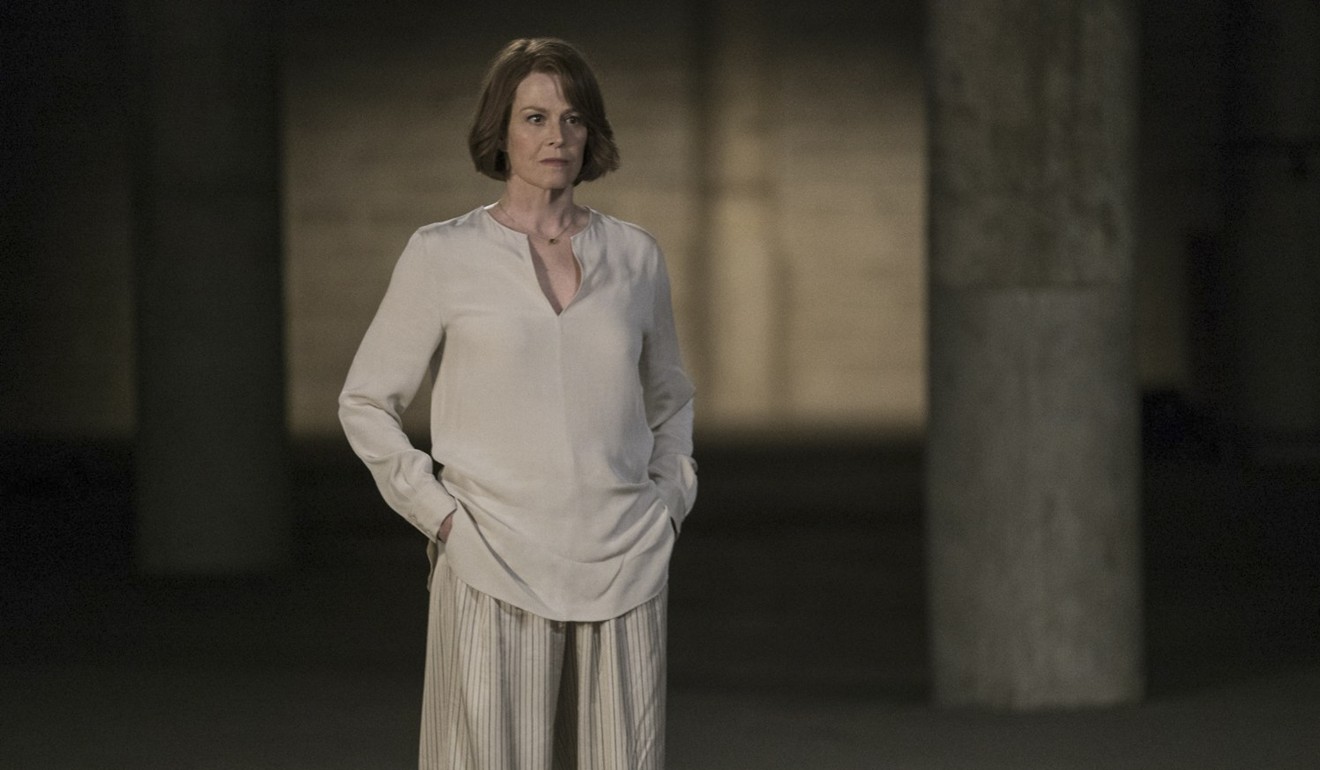
Ritter’s Jessica Jones is a very complex character for a superhero show. Jones suffers from post-traumatic stress disorder (PTSD).
“When I was building the character of Jessica Jones in series one, I spent most of my time researching PTSD,” Ritter says. “When you have PTSD, it’s more like you are reliving the trauma again, rather than having a flashback.
“It’s good to bring PTSD out into the open with a character like Jessica, as it reduces the stigma of the disease. Many people have mental health issues, and some of the viewers connect better to Jessica because of what she’s going through. We try to portray PTSD as accurately as possible in the show.”
Disney to launch streaming services for movies, live sports
Finn Jones says he sees his character of Iron Fist – aka business heir Danny Rand – as human first, superhero second, and looks to his own experiences growing up to inform his portrayal.
“I don’t think of him as a martial arts superstar when I play him,” he says. “He can fight, but that’s not the main thing about his character. Mainly he is going through a deep trauma, and he’s trying to grow up.
“You have to forget about the superhero part to play him. That’s when it becomes interesting and relatable.”
The action is, of course, as important as the characterisation, and each series makes use of a dedicated fight director and stunt teams. The characters display a variety of different fighting styles, including wing chun, tae kwon do and Thai boxing, although the actors admit that they are not trained fighters. “The action is highly choreographed, like a dance,” Ritter says. “We have stunt doubles, and they do a take, and then we do a take. Later, the editors get into it with their scissors and make it work.”
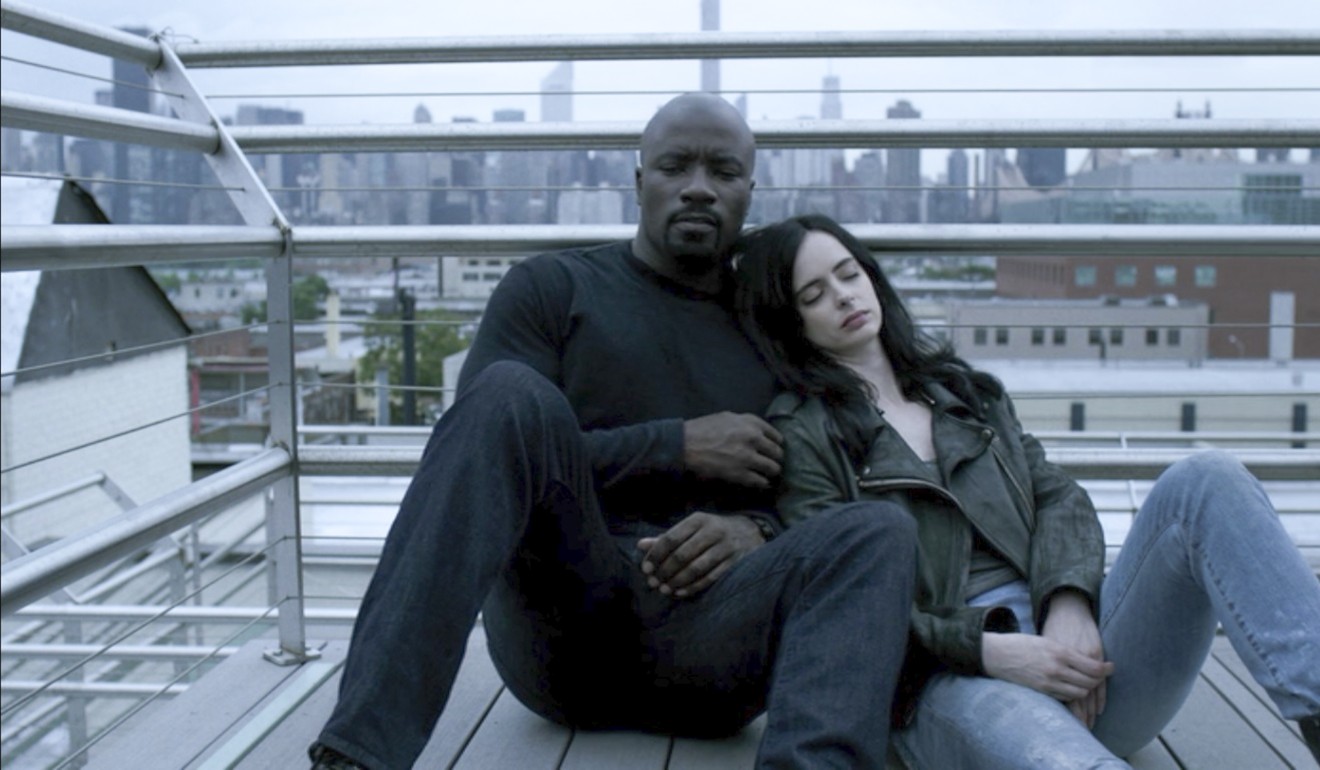
Jessica Jones, however, is more a street fighter than a martial artist, Ritter says. “Jessica is not trained in martial arts. I need to have a certain degree of psychological strength to get through it all, so I train at boxing when I have time. But Jessica herself is all brute force and strength, so I don’t have to do the fancy moves.”
Finn Jones says he has become enamoured with martial arts during his time as Iron Fist. “I had very little prep time going into Iron Fist, and I had very little prep time going into The Defenders. So the fight scenes were mainly choreography,” he says.
“But now I am taking fighting classes, as I want to know how to throw a punch properly. At first, it was just about fighting for the cameras. Now I need to know how to fight for real, to get that idea into in my body, and to know the philosophy behind it. I want to know what it really feels like to take a punch.”
